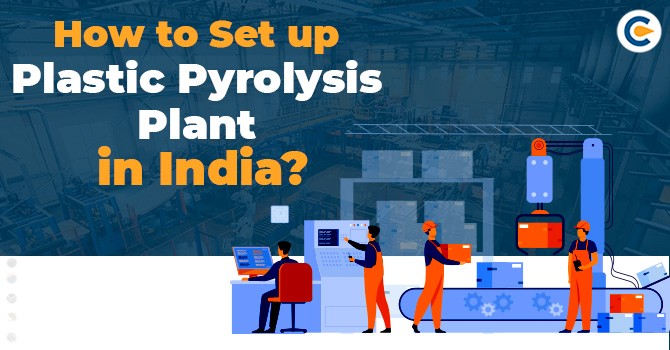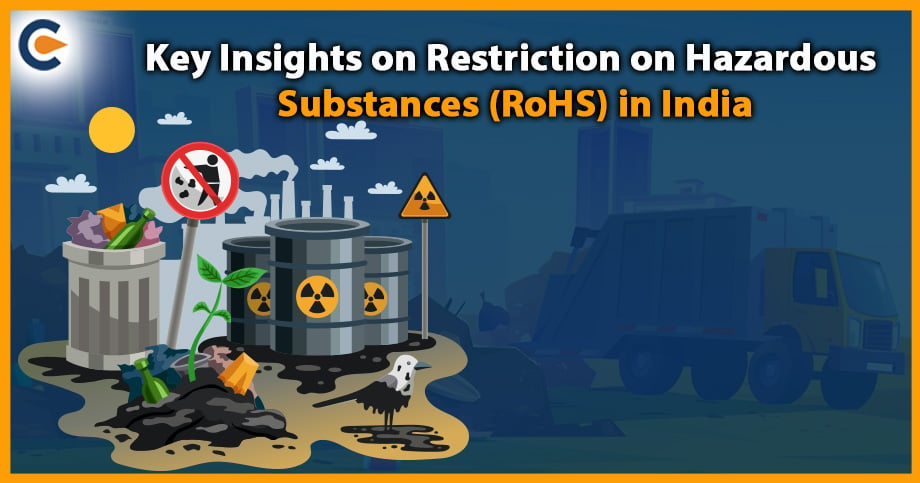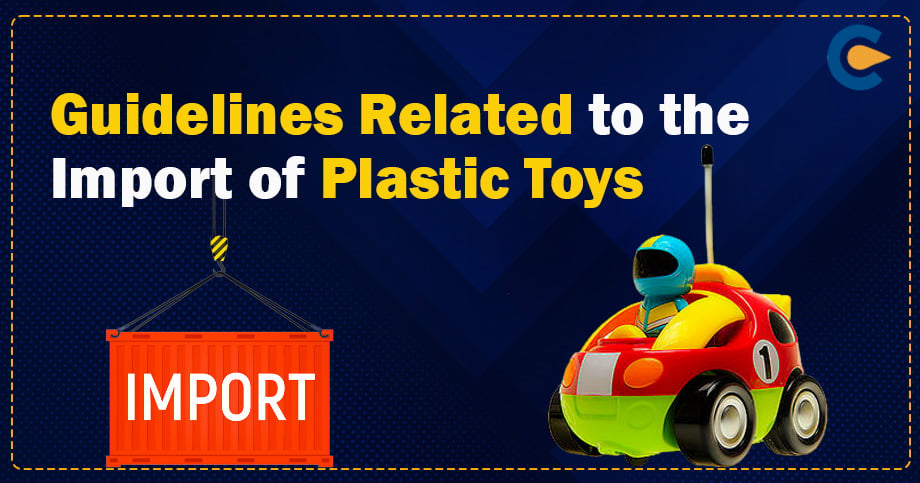Massive quantum of plastic waste shall become an uphill task if there is no solution. The prevailing widespread terms for reducing plastic waste are Reuse, Reduce, and Recycle. Reuse refers to a repeated utilization of plastic particles. Reduce is by minimizing the purchase or utilization of plastic items, particularly disposal products. Recycle is by recycling products made from plastic. Another option currently studied to address plastic waste is transforming plastic waste into fuel oil. By such a method, two critical problems can be addressed simultaneously: the problem of plastic waste collection & the innovation of fuel oil via plastic waste. The technology used to convert plastic waste into fuel oil is called the pyrolysis process. This blog lists the mandatory permits and authorization required to start a plastic pyrolysis plant in India.
What is the Pyrolysis process?
Pyrolysis refers to the thermochemical decomposition of organic matter via the heating process with or without oxygen or other chemical reagents, in which the plastic waste shall undergo the breakdown of chemical structure into the gas phase.
The outcome of this process is oil equivalent gas, gasoline and charcoal. To ascertain the quality of the oil produced from this process, several tests such as viscosity, density, and calorific value tests are conducted.
Meaning of Plastic Waste Processor under Plastic Waste Management (Amendment) Rules, 2022
Plastic Waste Processors refers to recyclers and companies involved with using plastic waste for energy (waste to energy) & transforming it to oil (waste to oil), industrial composting.
Mandatory licenses and certificates for establishing plastic pyrolysis plants in India
The section below entails the list of fundamental certificates and consents for establishing a plastic pyrolysis plant in India. The list has been aligned in chronological order.
Business registration
Business registration is a foremost requirement for any production facility in India. There are plenty of business structures available to unregistered or new entities. These are as follow:
- LLP (Limited Liability Partnership): Governed by the LLP Act, 2008[1]
- Private limited company ( Governed by the Companies Act, 2013)
- Partnership Firm ( it falls under Partnership Act, 1932)
- One Person Company ( Governed by the Companies Act, 2013)
Each business structure mentioned above is subjected to different incorporation rules and paperwork requirements. Therefore, it is advisable to avail expert advice to avert unnecessary complications.
Factory license
Factory Act, 1948 obligates all the factory owners to legalize their premises via registration with the local authority before starting operation undertaking. The chief inspector of the labour organization shall confer the factory license post-registration of the factory.
Documents to be submitted along with the application for the grant of factory license
- Certificate of Stability.
- Fire department NOC
- NOC from the local body.
- Process Flow Diagram.
- NOC granted by the Explosive Department.
Fire NOC
The fire NOC is granted by the respective state fire service that inspects and verifies the premises’ resistance against fire-related mishaps. As soon as all directions are covered, the respective fire department shall grant the NOC to the applicant. The directions regarding fire NOC differ state-wise. Fire rules vary in accordance with the type of buildings.
Below is the list of documents to be submitted with the application for Fire NOC
- Site Plan
- Stilt/Ground Floor Plan
- Basement Floor Plan
- Floor-wise plan
- Section plan
- Terrace plan
- Elevation plan
- Any other supporting records
Permission from SPCB
Since the pyrolysis plant deals with plastic waste procurement and processing, consent from SPCB becomes inevitable. Entities are required to avail the permission from SPCB in two phases, i.e. during the pre-establishment and post-establishment stages. Standard documents required to secure permission from SPCB include plant layout detail, disposal facility, machinery present in the plant, availability of DG sets, detail of employees, etc.
EPR authorization
EPR authorization as per Plastic Waste Management (Amendment) Rules, 2022
The recently released Plastic Waste Management (Amendment) Rules, 2022 mandate plastic waste generators (including those having plastic pyrolysis plants) to comply with Extended producer responsibility. The ERP is a policy-driven approach that compels PIBOs and waste generators to handle and reduce pre-consumer and post-consumer plastic waste in an eco-friendly manner.
To avail EPR authorization under PWM rules, the applicant needs to file a prescribed application with competent authority along with the following documents:
- Proposed EPR Action plan enclosing proposed target for waste collection
- Business registration
- Industry-specific certificate
- Pollution related permit
Conclusion
PWM rules propose plastic waste accumulation, treatment, recycling, and disposal through different modes, including co-ordinating with ULBs. Pyrolysis Plant is a valuable alternative for effective plastic waste management. Instead of turning plastic waste into ashes via incineration, it transforms it into oil that can be used for various purposes.
Read our Article:E-Waste Recycling Business Model For The MSME Sector











